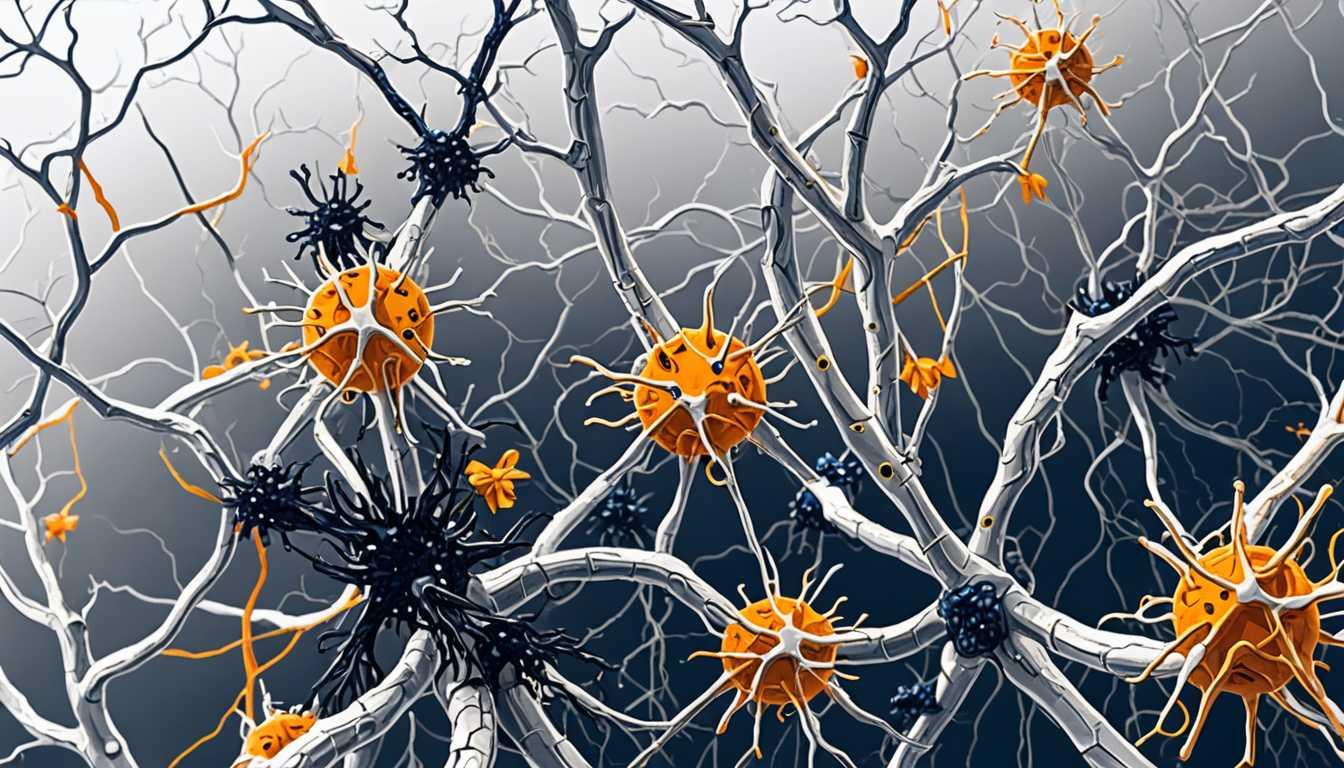Itch Mystery: Bacteria Unveiled
November 2023
Harvard University
Introduction
Ever wondered why that itch just won't quit? Harvard scientists have cracked the code, revealing a common skin bacteria, Staphylococcus aureus, as the itch-inducing villain! This groundbreaking research, featured in Cell, showcases how this pesky microbe directly targets nerve cells, causing that relentless urge to scratch. Dive into this fascinating study to uncover how this discovery could revolutionize treatments for itch-prone skin conditions like eczema. It's science at its itchiest!
READ FULL ARTICLEWhy It Matters
Discover how this topic shapes your world and future
The Itch That Bites Back
Imagine this: a tiny microbe, invisible to the naked eye, holds the power to make you scratch until you're red and sore. That's exactly what scientists at Harvard Medical School discovered about Staphylococcus aureus, a common skin bacterium. This revelation is groundbreaking because it shifts our understanding of why conditions like eczema and atopic dermatitis are so itchy. Before this, the itch was thought to be just a side effect of skin inflammation. But now, we know that S. aureus can directly tickle nerve cells into making us itch. This discovery is not just a cool piece of trivia; it affects millions worldwide who suffer from chronic itch and opens new doors for treatments that could make their lives a lot more comfortable. Plus, it's a perfect example of how exploring the tiny world of microbes can have huge implications for our health and well-being.
Speak like a Scholar
Staphylococcus aureus (S. aureus)
A type of bacteria commonly found on human skin and in the nose, sometimes causing infections.
Eczema
A condition where patches of skin become inflamed, itchy, red, cracked, and rough.
Atopic Dermatitis
A chronic skin condition that causes dry, itchy, and inflamed skin.
Microbiome
The community of microorganisms, including bacteria, fungi, and viruses, that live on and in the human body.
Molecular Chain Reaction
A series of molecular events triggered by an initial stimulus, leading to a significant outcome.
Immunology
The branch of science concerned with the immune system and its response to pathogens or foreign substances.
Independent Research Ideas
Exploring the Role of Other Skin Microbes in Health and Disease
Investigate how different skin bacteria influence conditions like acne or rosacea. This could unravel new ways to manage common skin issues.
The Psychology of Itch and Scratch
Delve into the psychological effects of chronic itching conditions. Understanding the mental toll can lead to better comprehensive care for sufferers.
Microbiome's Influence on Drug Efficacy
Examine how an individual's skin microbiome affects the effectiveness of topical medications. This could personalize treatment plans for skin conditions.
The Evolution of Bacterial Resistance in Skin Conditions
Study how bacteria like S. aureus evolve to resist treatments in chronic skin conditions, aiming to stay ahead in the antibiotic resistance battle.
Bioengineering Solutions to Combat Itch
Explore the potential of bioengineering (like CRISPR) to alter harmful bacteria or enhance beneficial microbes on the skin. This could open a new frontier in dermatological treatments.
Related Articles

Sweat Secrets: Cells in Action
June 2023
Stanford University

Sweat Science: Exercise vs. Inflammation
November 2023
Harvard University

Stress Ages You? Reverse It!
May 2023
Smithsonian Magazine

Vaccines That Teach Peace
September 2023
MIT Technology Review

Unlocking Alzheimer’s: A Gene's Tale
August 2023
Harvard University